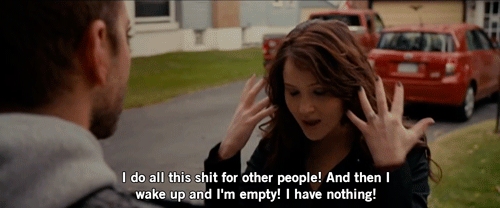Those of you who know me know that I love a challenge. I also need to be busy. Like crazy busy. It forces time management while pushing negative stagnant thoughts & attitudes right out of my brain. For example, I planned our wedding while working full time and going to grad school. And loved it. Sure, it was kind of a haze at times, but that's because I procrastinated like crazy when it came to deadlines. I work well under pressure.
Did you just hear the opening beats to Under Pressure? If we were together, I'd sing it to you.
My point, though very much buried under that rant, is that sometimes I just need someone to recharge my batteries and remind me why I do the work I do! Most times, I can be that person. I can usually see that I'm sliding and I have a few quick fixes:
1. Get into the classroom. When I spend time with the children at our site, my batteries are quickly charged and my fire is fanned. I usually leave the classrooms feeling inspired and ready to take on the afternoon. Those tiny humans are the reason I have a job & they deserve the best educare experience possible. (Isn't that a great word!? I'm smitten.)
2. Find a colleague -- coworker or not. I have a few people whom I can share my lack of motivation with and others will just see it as I'm lazy or not doing my job. While those are perfectly acceptable conclusions, they're just that. I am so thankful for my network of support. Coffee dates have honestly kept me from quitting and working at a coffee shop on numerous occasions.
I am incredibly fortunate to supervise a small site. I offer 24 Early Head Start slots for children birth to three. I have a great teaching staff who (for the most part) get the children they serve; they understand why their work is important and they strive to be the best.
Child care is a rough business to be in, much less to manage. No one goes into this career with visions of money or glory; I think, for the most part, people do it to be the change they wish to see. And if they're doing it for reasons like money, they really need to move along because those are the people who are causing the burnout.
I pour myself into my work; I spent most of my waking hours thinking about work either consciously or subconsciously. My kids, families, and teachers are always on my mind and I refuse to give them anything less than I would expect from a director. I wont ask them to do things I wouldn't do myself. Giving so much of myself occasionally leads to exhaustion and I step back and recharge.
And then I move forward. No matter what.
(Baby steps count)





